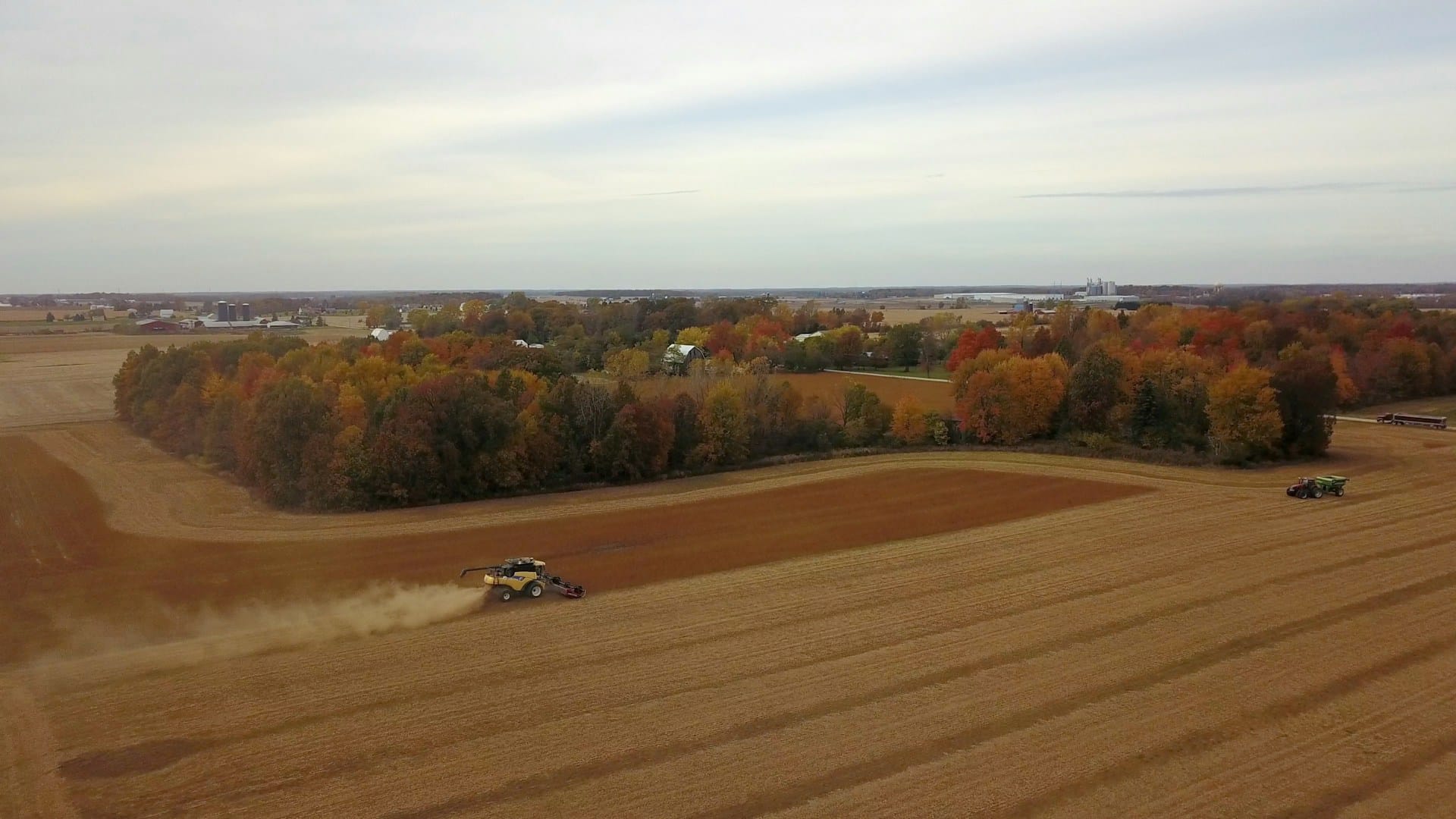This week, champions of the biodiesel tax credit gathered to cheerlead for more subsidies. It was the usual refrain for more taxpayer help, despite significant growth in the industry and increasing harm to consumers and the environment from its production. For taxpayers, extending the tax credit for the 8th time does little more than pad the pockets of the mature biodiesel industry. The subsidy has lingered for more than a decade, artificially propping up producers and creating costly market distortions along the way. In total, taxpayers have already been hit with more than $12 billion in biodiesel subsidies.
A little background. On a small-scale, biodiesel can be made from discarded animal or vegetable oils and fats, but in reality more than half of all biodiesel comes from new or virgin crop, primarily soybeans. It can be blended with conventional fuel or used independently. Like corn ethanol, biodiesel is promoted as a clean, green fuel, but that is only if you ignore its air, water, and land impacts and hefty price tag.
In 2004, Congress first created a tax credit to subsidize the biodiesel industry. Through it, producers receive $1 for every gallon of biodiesel that’s produced or used in a mixture. At the time, only 28 million gallons of biodiesel was produced in the U.S., so the credit’s cost to taxpayers was low. But as the industry matured and biodiesel production boomed – to 1.8 billion gallons in 2018 – so did the tax credit’s cost through lost revenue.
Last week we released a report that documents just how out of control things have gotten. Now industry blatantly ramps production up or down based on the tax subsidy, not consumer demands. In the three years when producers knew they would benefit from the biodiesel tax credit – 2011, 2013, and 2016 – biodiesel production increased an average of 432 million gallons from the previous year. In contrast, in subsequent years when the tax credit had lapsed, production dropped an average of 10 million gallons. In other words the tax credit incentivizes production, regardless of whether it’s necessary, and subsidizes what would take place even without the incentive.
But it is no surprise lawmakers are pushing expensive plans to extend the biodiesel tax credit backwards and forwards. That’s what happens when special interests muscle out policy merit, and industry boosters have been heavily lobbying for months. One proposal would cost taxpayers $19 billion, extend the credit retroactively through 2018, and continue it for another five years. This goes from wrong to idiotic. Supporters of the extension will say that businesses make decisions based on the expectation that Congress would renew the temporary tax provisions. Except they’ve already made decisions, since a retroactive tax break makes no sense and subsidizes something that already happened absent the subsidy. It tells you something that even industry-based detractors of the report agree that a tax incentive works best when it is predictable, reliable and forward-looking.
We agree. For this reason, we oppose the “tax extenders” process outright, whereby Congress re-authorizes the same “temporary” tax breaks in one- and two-year spurts to hide their cost. Industry proponents should, too. The extenders bills subsidize racehorses, NASCAR track owners and electric motorcycles. But no extender is more expensive than the biodiesel tax credit, which most recently cost $3.2 billion when it was renewed for 2017. The extenders process, and biodiesel tax credits along with it, should end.
Unfortunately, the subsidies for biodiesel don’t end with the tax credit, our report details layers of subsidies for the biodiesel industry and not only at great cost to taxpayers but also to consumers and the environment. Subsidies are packed on from the Department of Energy and the USDA – from feedstock to infrastructure through direct subsidies and the Renewable Fuel Standard, which is predominantly met with corn ethanol and soy biodiesel. Corn, soy, and other virgin feedstocks such as palm, displace food production and promote land use change – increasing habitat loss, water pollution, and water treatment costs and public health. Given more than half of U.S. biodiesel is sourced from virgin soy, this massive tax credit not only negatively impacts taxpayers, it also harms food production and the environment.
The costs and consequences are clear. At the end of the day, biodiesel subsidies distort energy markets, raise fuel prices and waste taxpayer dollars, and do little to promote long-term sustainable energy policy. Industry can and should do better. And Congress can and should let these subsidies end. To do anything else at a time when our national debt has now exceeded $20 trillion is irresponsible.











Get Social